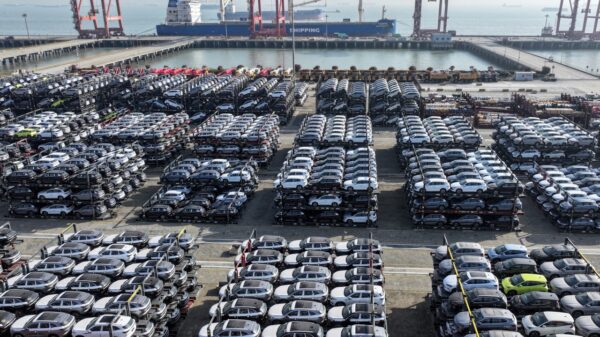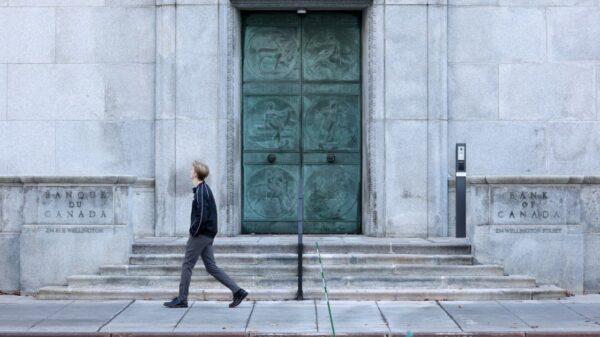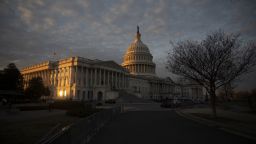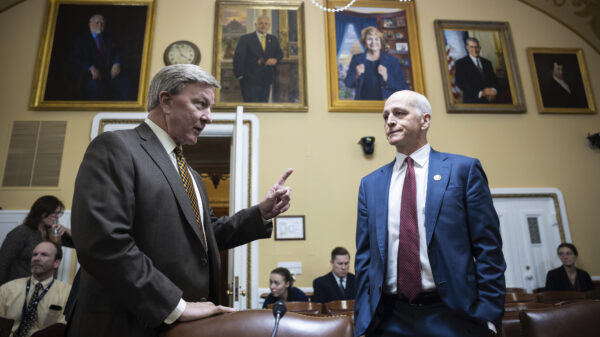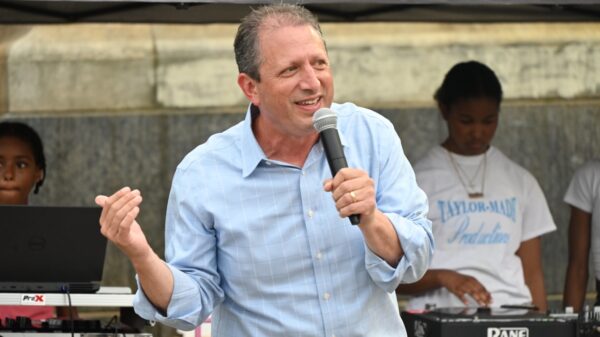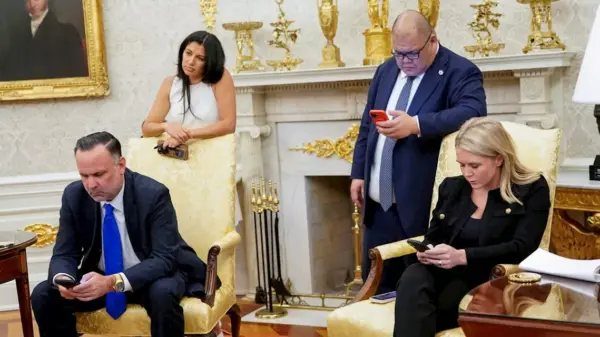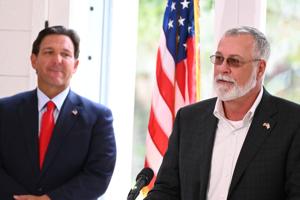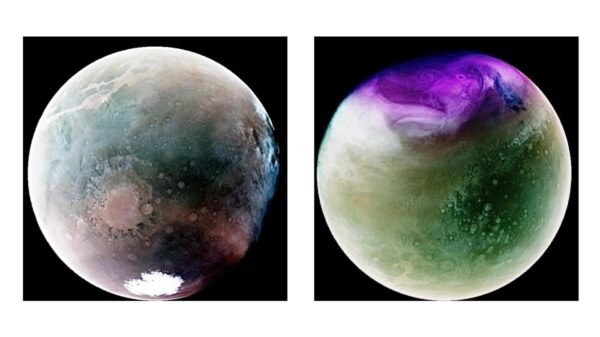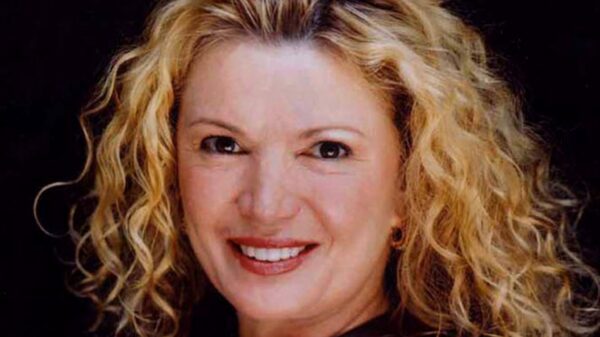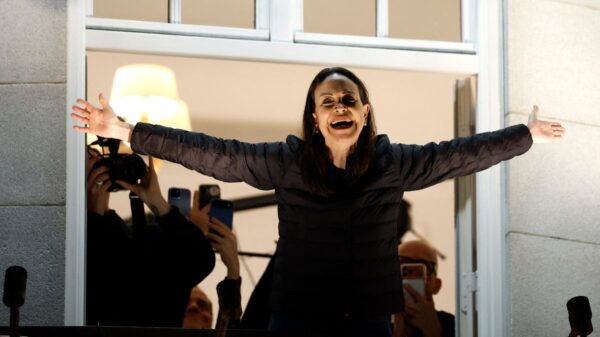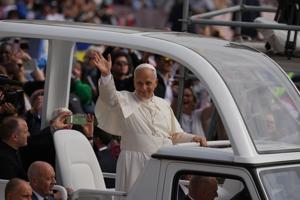Pope Leo XIV is set to embark on his inaugural foreign trip next month, visiting Turkey and Lebanon from November 27 to December 2. The Vatican announced this significant journey on Tuesday, highlighting its symbolic importance for both Christians and Muslims. The trip follows plans made by the late Pope Francis, who intended to visit these regions during his papacy.
Turkey will be the first stop, where the pope will commemorate the 1,700th anniversary of the Council of Nicea, Christianity’s first ecumenical council. This council, held in 325 A.D., is a pivotal moment in the history of Catholic and Orthodox relations. It laid the groundwork for many Christian doctrines and is recognized by both Catholic and Orthodox churches. The visit to Iznik, where the council took place, underscores the significance of this anniversary.
The Vatican indicated that the pope’s visit to Lebanon will commence on December 1. This trip marks an important opportunity for Pope Leo to address ongoing issues in the Middle East, particularly the challenges faced by Christians in the region. Lebanon, a country with a rich Christian heritage, is currently home to over 1 million Syrian and Palestinian refugees and has the largest percentage of Christians in the Middle East.
Lebanon’s political and economic instability has raised concerns about the future of its Christian community. In recent years, the country has faced significant challenges, including a long-standing economic crisis and tensions resulting from the conflict with Israel. The Vatican is particularly worried about the impact of these issues on the Christian population, which serves as a critical support base for the church in the region.
President Joseph Aoun of Lebanon announced the pope’s visit on social media, though specific details regarding the itinerary are yet to be released. The announcement coincides with the anniversary of the October 7 attacks in Israel, providing a backdrop for the pope to discuss themes of peace and reconciliation.
Patriarch Bechara Boutros Raï, leader of Lebanon’s Maronite Church, expressed hope that the papal visit will foster unity among Lebanese people, both Christians and Muslims. He stated, “We hope that this apostolic visit to Lebanon will bring peace and stability and be a sign of unity for all Lebanese, Christians and Muslims alike, at this critical stage in our nation’s history.”
The last papal visit to Lebanon occurred in September 2012 with Pope Benedict XVI, and since then, the country has experienced significant turmoil. Approximately one-third of Lebanon’s population is believed to be Christian, though no official census has been conducted since 1932. The Maronites, who are the largest sect, traditionally hold the presidency of the nation.
As the pope prepares for this journey, tensions remain high in the region, particularly as Israel continues its military operations in Gaza. Recent comments by Cardinal Pietro Parolin, the Vatican’s Secretary of State, have sparked controversy. He condemned the violence inflicted by Hamas while also labeling the Israeli response in Gaza as disproportionate. The Israeli Embassy to the Holy See criticized Parolin’s comments, warning that they risk undermining peace efforts.
The Vatican’s diplomatic approach to Middle Eastern issues requires a careful balancing act. Pope Leo XIV’s upcoming visit represents not only a continuation of the outreach efforts initiated by his predecessor but also an opportunity to advocate for dialogue and peace in a region fraught with conflict.
Abby Sewell contributed from Beirut, with additional reporting by Colleen Barry in Milan.






